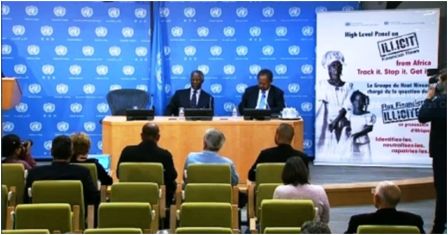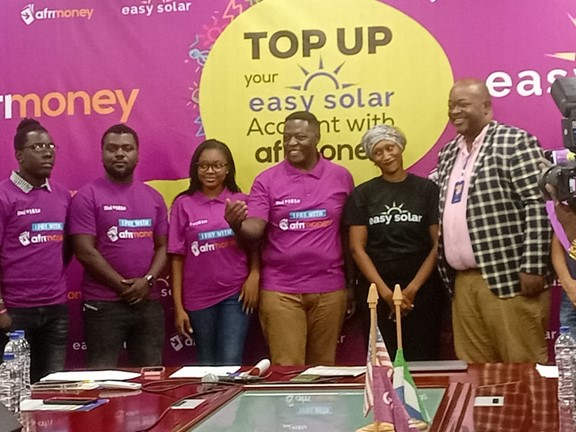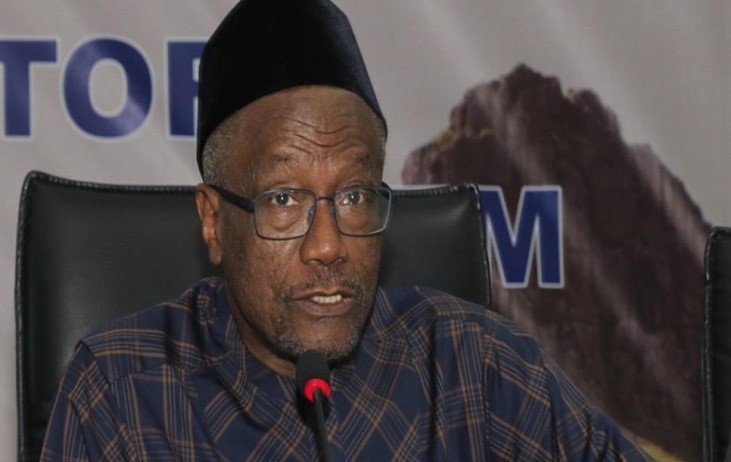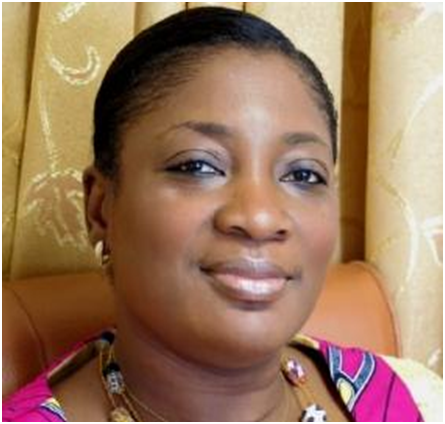High Level Panel tackles illicit financial outflows from Africa
Hoping to gain international support in the fight to stop the illicit financial outflows from Africa, a High-level panel chaired by former South Africa’s president Thambo Mbeki on Thursday called for cooperative global efforts to tackle the debacle.
The Panel mandated to further explore and gain a better understanding of the nature of illicit financial flows out of Africa and assessing its impact on continental development, estimates about $50 billion has been lost to these illicit financial outflows each year since the beginning of the millennium.
“This far outweighs the amount of official development assistance (ODA) that Africa has received over the same period. And even this large amount may be an underestimation since figures are so difficult to measure,” said Jan Eliasson, UN Deputy Secretary-General during the Opening Session of the High-level panel discussion which was held inside the Economic and Social Council (ECOSOC) Chamber at the UN Headquarters in New York.
“The United Nations is looking at this issue globally. We are examining how our post-2015 development agenda can address illicit flows and tax evasion while increasing the recovery of stolen assets. In this regard, I thank the UN Economic Commission for Africa for the technical support it is providing the Panel,” pointed out Mr. Eliasson.
After the panel discussion session, Mr. Mbeki told reporters and accredited media representatives at a press conference that “the bulk of these illicit funds originate from the big multi-national corporations. It is them who move these illicit financial outflows through all sorts of manipulation of the pricing systems and tax evasion, so that they could be able to move a lot of money out of the continent.”
Mr. Mbeki said, “About two-thirds of these outflows originate from the activities of multi-national corporations, 30 percent arise from criminal activities including narcotics, human trafficking and corrupt practices specifically in terms of government officials who receive bribes, acquire or steal state money and export it therefore contribute to this outflow amount to 5 percent.”
Mr. Mbeki added that the Panel has been looking at this phenomenon as it applies to the following African countries including Algeria, Nigeria, Liberia, Mozambique, Kenya, South Africa, Mauritius and The People’s Democratic Republic of the Congo.
He said the has been looking at what happens when these monies come to developed countries; what readiness is available to cooperate with African countries in order to take up this challenge and how the Panel might cooperate with the UN processes that are taking place at the UN relating to the 2015 millennium development goals?
Prior to Thursday’s discussion the panel spent 3 days in Washington interacting with US government agencies including the State Department, Justice Department, US Treasury, National Security Council, the World Bank and the IMF in extensive and constructive discussion on the scale, manifestation and negative impact that illicit financial flows have on African economies. In addition, to learn what the American government is doing in terms of curbing a crippling problem of the global economy.
The Panel is expected to submit a final report by June or July this year. Mr. Mbeki said in that report apart from whatever observations the panel makes; it must have a detail proposal as to what should be done by the African continent and the rest of the world to respond to the problem. Address issues about institutional capacity of the African continent and the question of transparency within the financial markets, which is a critical matter in understanding what is happening, said Mr. Mbeki.
The High-level Panel was established by the UN Economic Commission for Africa (ECA) under the direction of the joint African Union and ECA Conference of African Ministers of finance, Planning and Economic Development. It came into being after the adoption of Resolution L8 during the fourth Joint Annual Meetings of the AU/ECA Conference of Ministers of Finance, Planning and Economic Development in Lilongwe, Malawi in March 2011. The Panel was inaugurated on February 5, 2012 in Johannesburg, South Africa.
The Panel chaired by Mr. Thambo Mbeki, former President of South Africa is assisted by UN Under-Secretary General and Executive Secretary of the Economic Commission for Africa, Mr. Carlos Lopes, as Vice Chair. Other members of the High Level Panel are Ambassador Olusegun Apata (Nigeria), Mr Raymond Baker (USA), Dr Zeinab Bashir el Bakri (Sudan), Mr Abdoulaye Bio Tchane (Benin), Prof El Hadi Makboul (Algeria), Barrister Akere Muna (Cameroon), Hon Irene Ovonji-Odida (Uganda) and Henrik Harboe (Norway).
By Dennis Kabatto
Stay with Sierra Express Media, for your trusted place in news!
© 2014, https:. All rights reserved.






